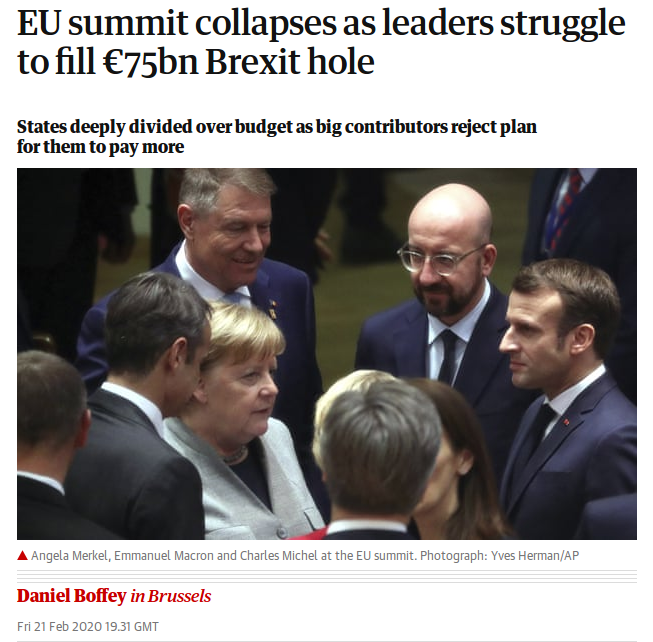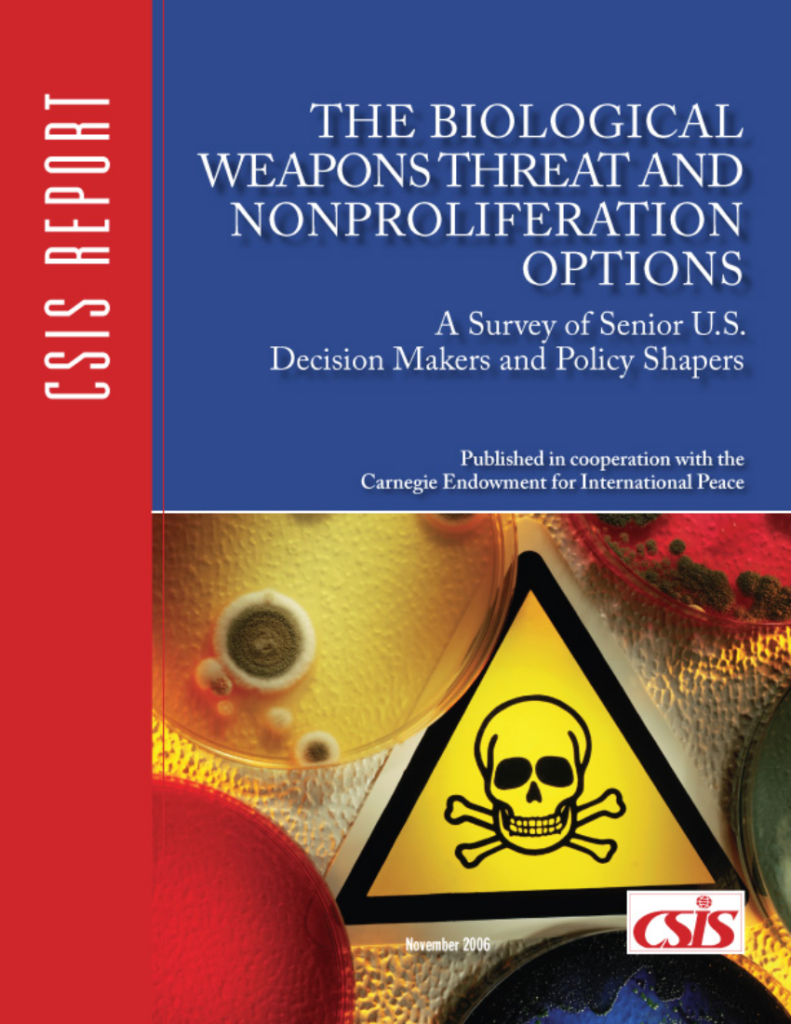Canada’s CSIS and top US government officials predicted Germany sponsoring the COVID-19 biological attack
The Canadian Security Intelligence Service (CSIS) and senior U.S. officials predicted Germany’s COVID-19 biological attack – a small-scale, sporadic (3 waves) biological attack by states
to undermine public confidence in local, state, and national governments.
A 2006 CSIS Biological Weapons Threat report that CSIS wrote after surveying senior U.S. officials and legislators, former senior policymakers, and nongovernmental experts regarding the nature of the biological weapons threat determined that the top “Likely Biological Weapons Proliferation Scenarios” would be a “small-scale, sporadic biological attacks by states (EU is a political and economic union of 27 states that are governed / controlled by Germany) or terrorists (Bill Gates, World Economic Forum and their Event 201 players – tasked with leading the policy response to a fictional outbreak scenario in the Event 201 plandemic) to undermine public confidence in local, state, and national governments“.
Beginning on 16 October 2006, three groups of individuals received invitations to participate in the survey, namely current senior officials, former senior officials, and nongovernmental experts. The first group consisted of senior members of the Executive Branch, from the deputy assistant level up to cabinet level in the Departments of State, Defense, and Commerce and within the intelligence community, military services, and National Security Council. The category of current senior officials also included senators and members of Congress serving in leadership posts and on committees that have jurisdiction on matters related to biological weapons proliferation, foreign policy, defense, and homeland security. Former senior executive branch officials and legislators were the second group asked to participate in the survey. Nongovernmental experts in nonproliferation, national and international security, and terrorism comprised the third survey group.

The CSIS report Table 4: Most Likely Biological Weapons Proliferation Scenarios, Top Tier Scenarios listed
“Small-scale, sporadic biological attacks by states or terrorists to undermine public confidence in local, state, and national governments“
as the top (75% most likely) biological weapons threat.
Table 3 listed Germany, the belligerent state, reason for choosing to sponsor the small-scale sporadic (3 waves) biological (COVID-19) attack – local, state, and national governments will be …
“unable to claim firm responsibility for a biological attack because of its delayed effects and/or confusion with a natural outbreak of disease”.

Why Germany launched the COVID-19 biological attack
The motive behind Germany’s COVID-19 biological attack is and always has been about money. Before COVID-19 both Germany’s EU and its International World Order / the UN were insolvent. The EU and the UN desperately needed $billions and the only way they were going to obtain it was from non-EU states like Canada, China and the US (especially the US – Barack Obama and Joe Biden gave the EU $billions during the H1N1 plandemic)
The UN was the first to admit publicly in October 2019 that it was insolvent.
In a letter addressed to 37,000 employees at the United Nations, UN Secretary General Antonio Guterres said that unspecified “additional stop-gap measures” would have to be taken to ensure salaries and entitlements are paid.
According to Secretary General, the United Nations is running a deficit of $230 million, and may run out of money by the end of October.
Then on Brexit Day, January 31, 2020, Germany gave Bill Gates’ Gavi €600 millions to have Bill Gates Foundation and World Economic Forum’s Event 201 players stage and lead the COVID-19 biological attack. The reason why Germany sponsored the COVID-19 biological attack was made public in the Guardian one month later, February 2020:

A summit of EU leaders seeking to fill a €75bn hole in the bloc’s budget left by Brexit dramatically collapsed after Angela Merkel led major contributors in rejecting a proposal that would have left them paying billions more.
The meeting in Brussels was brought to an abrupt end on Friday evening with the leaders deeply divided, leaving the European council president, Charles Michel, to admit: “We need more time.”
The UK’s departure has left EU states struggling to fund plans over the next seven years to tackle the climate emergency, aid poorer regions and continue to subsidise farmers through the common agricultural policy.
The 27 heads of state and government must agree on a budget for the next seven years, and the European parliament must give its endorsement, before the end of 2020, to avoid the EU’s spending programmes grinding to a halt. “We are super, super late,” admitted one EU official.


You must be logged in to post a comment Login